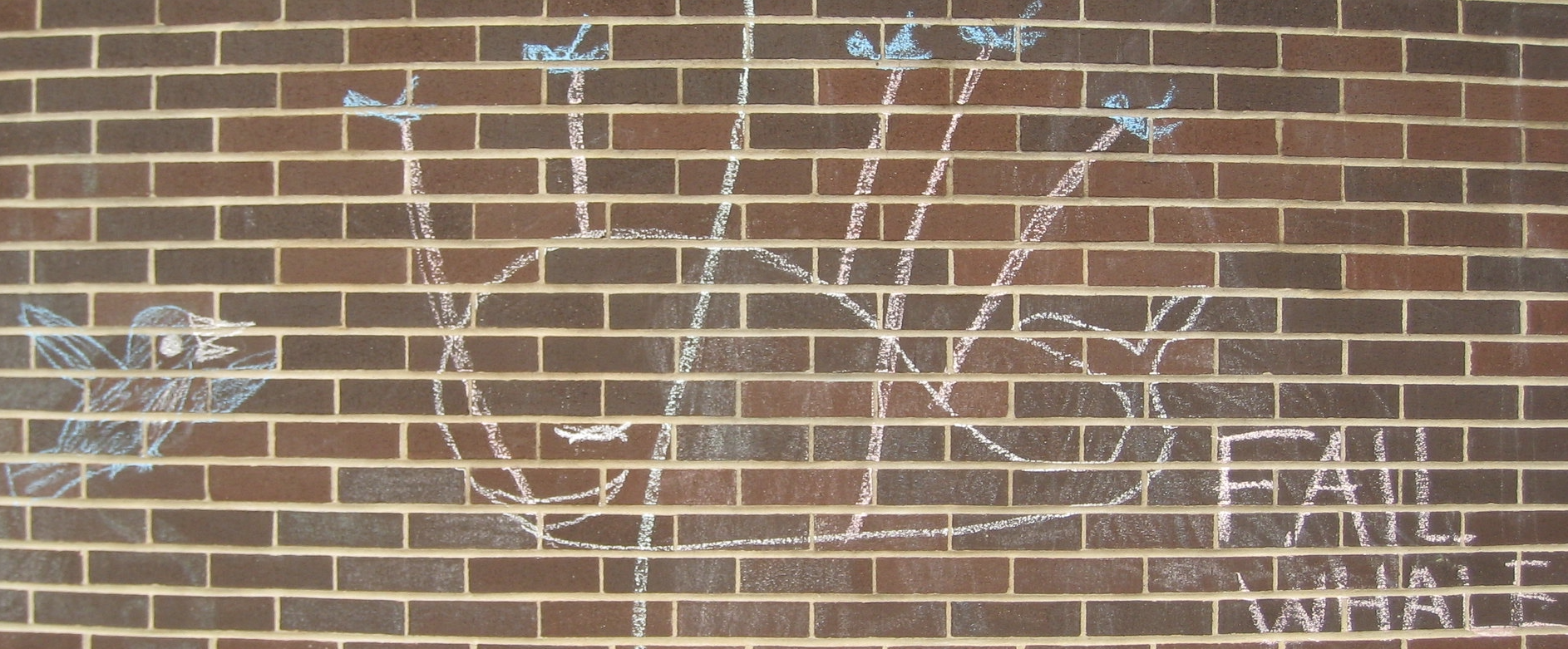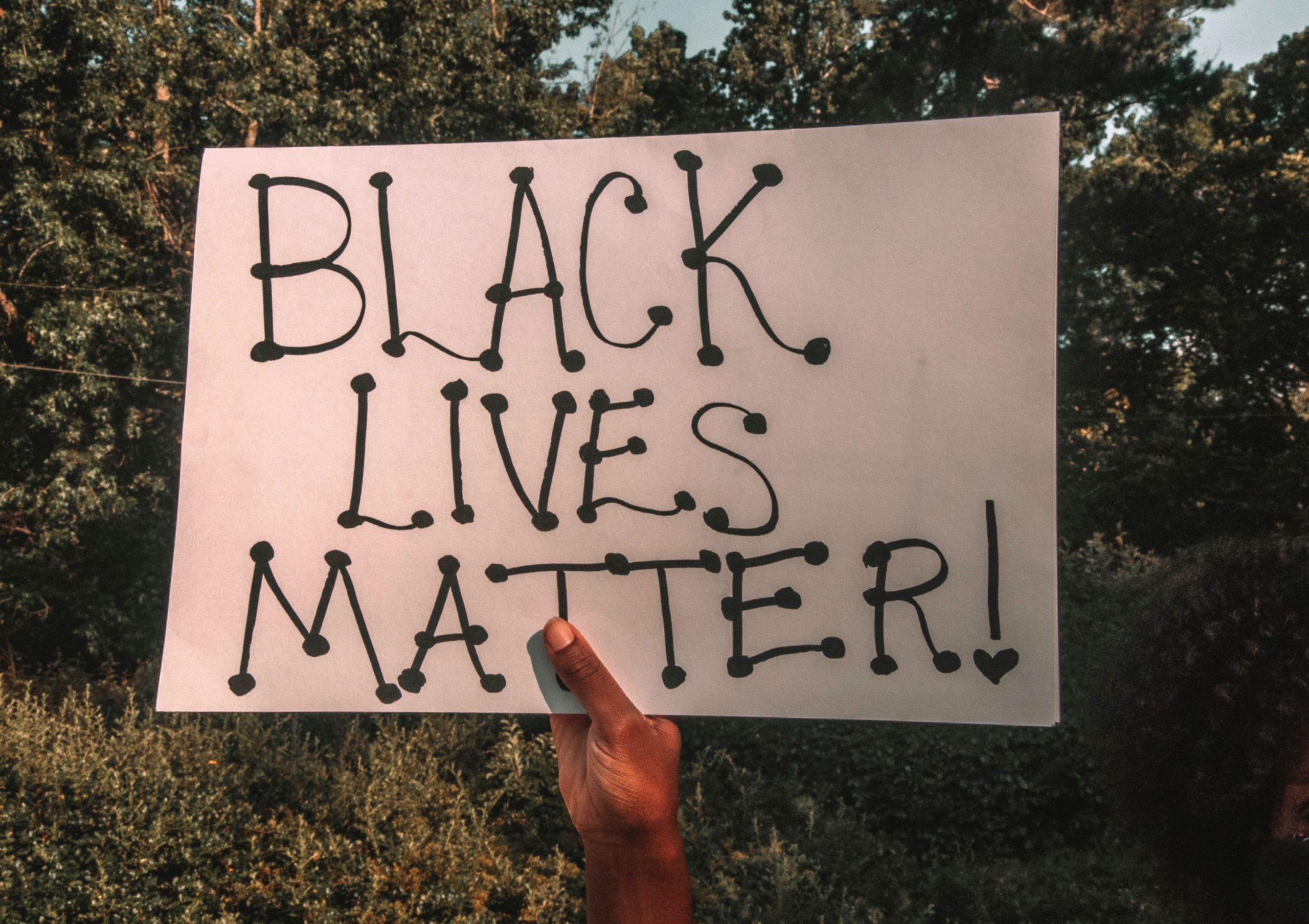I grew up invested in the technocratic fantasy that the internet would turn into a perfect archive of all knowledge, always at our fingertips. Our mantra is often “the internet is forever,” and it’s easy to buy into this myth.
In the process, we sometimes forget the ephemeral nature of the digital world. If you’re online long enough, you’ve seen whole communities rise and fall. Places where we’d go to “hang out” for hours are now meaningless husks. Yes, it’s true you can technically find my LiveJournal if you look, but it’s no longer a place where minds gather to share ideas, stories, and silly memes.
When we say “the internet is forever,” we mean it in a forensic or archaeological sense. As online communities collapse, they leave little traces behind the way we leave behind fingerprints, and shed hair or skin cells as we move through the physical world. Researchers, such as antifascists on the trail, can sift through the rubble but the vitality departed long ago.





